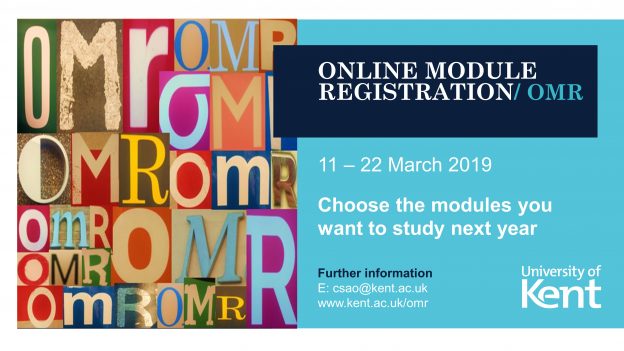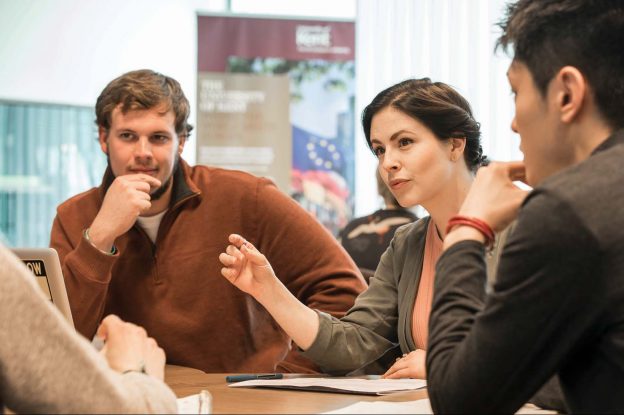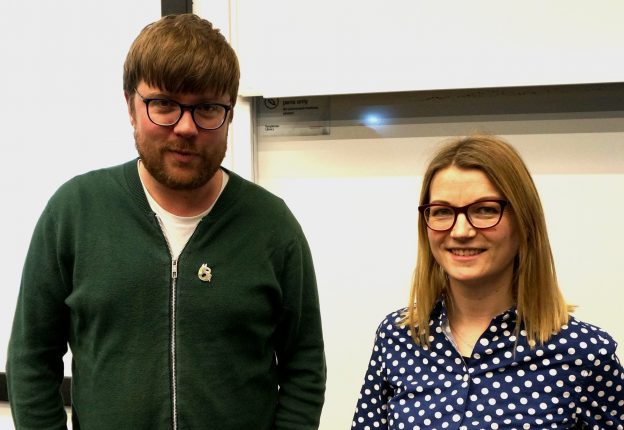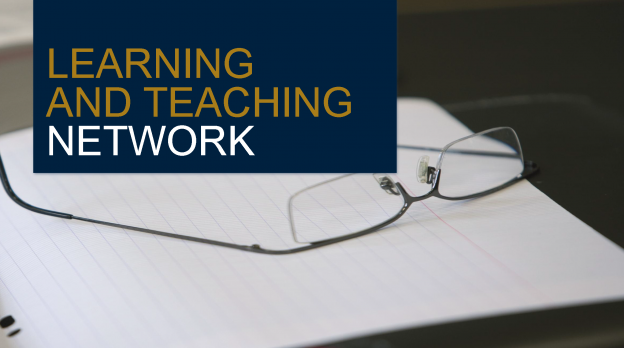Heidi Colthup, lecturer for the Department of English Language & Linguistics, has published an article exploring the narrative conventions of walking simulators – a new video game genre where there are no winners, and no one is shot at or killed.
Walking Simulators have become increasingly popular in the last few years. They are ‘games’ that do not require participants to have gaming skills; instead they simply walk around a landscape and interact with items they find, resembling a cross between playing a game and reading a book with different potential outcomes. Popular titles include Everybody’s Gone to the Rapture, Firewatch, What Remains of Edith Finch, The Vanishing of Ethan Carter and Dear Esther.
Video games like Dear Esther encourage players to actively identify themselves as the main story protagonist, and it is the use of second person address (‘you’) that drives this identification. In Dear Esther, the player is a man whose wife recently died who walks around a Hebridean island reflecting on the past, with flashbacks, that gradually reveal the true intention of his journey.
To understand how these games are changing the genre of gaming and creating a new form of storytelling that places the player at the heart of the action, Heidi investigated the use of the word ‘you’ within Dear Esther, and how this affects a player’s response to the story.
Heidi found that the use of the word ‘you’ within the narrative contributes to the instability of the story so it is more difficult to work it out because we’re used to observing characters in books, but video games make us the character, and Dear Esther‘s complex narrative makes us both observer and player. It therefore engages the player more than a traditional video game, and as such is more like reading a literary novel – making a new literary genre.
She said that while there had been recent hype over the ability for viewers to choose their own story, such as in in Black Mirror’s Bandersnatch episode, this type of cross-format art form has been growing in popularity within the gaming world.
She said: ‘Walking simulators have great stories that are akin to reading a book, matched with fantastic graphics and music like video games, making it a fantastic way to tell a story and in essence creating a new art form. Examining how the games are devised to bring ‘you’ in explains why the experience is more intense than reading a book and stays with the player for longer afterwards.’
‘You Were all the World Like a Beach to me’. The Use of Second Person Address to Create Multiple Storyworlds in Literary Video Games: ‘Dear Esther’, a Case Study by Heidi Colthup, appears in the International Journal of Transmedia Literacy.









